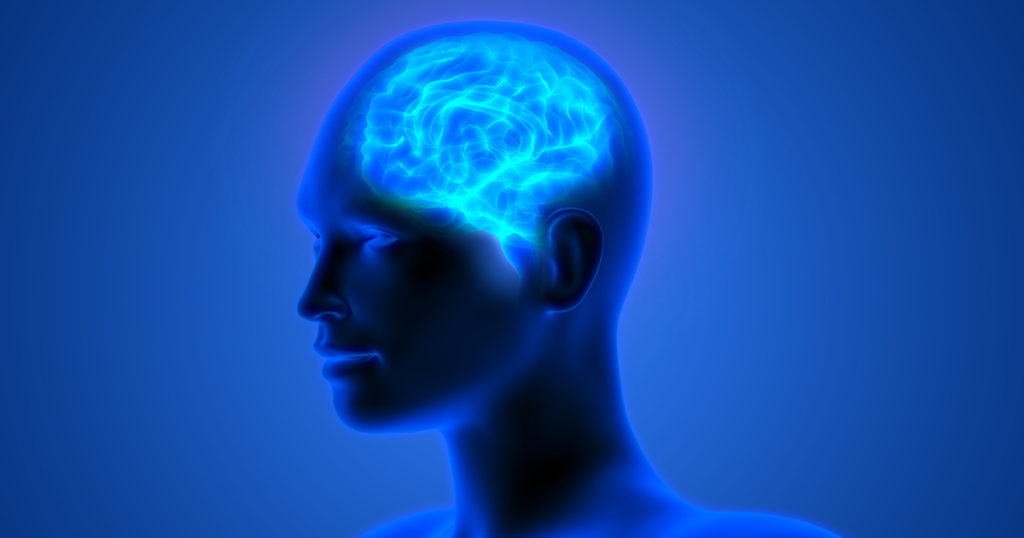The following is an excerpt from Heal the Body, Heal the Mind by Susanne Babbel, PhD
Living in chronic fight- flight- freeze mode and having an overactive sympathetic nervous system can cause all sorts of health problems.
During normal states of stress, the hormones and other chemicals our body releases enhance endurance, strength, and focus. However, when constantly secreted in large amounts due to chronically being in survival mode, the same hormones can impair learning abilities, memory, physical function, and the immune system.
A number of medical conditions have been linked to PTSD and its chronic stress level. These include, among others, chronic fatigue syndrome, autoimmune disorders (Boscarino 2004), fibromyalgia (Boscarino 2004; Cohen et al. 2002), multiple chemical sensitivities (Scaer 2014), thyroid abnormalities, and other hormone dysfunctions.
Because the body diverts blood flow during stress from areas such as the abdomen and skin to muscles and extremities, it’s also common for PTSD sufferers to develop ulcers, irritable bowel syndrome, constipation, and other gastrointestinal health issues (Boscarino 2004), as well as skin problems, elevated blood pressure (Defrin et al. 2008), and heart disease or cardiovascular disease (Boscarino 2004). Additionally, the constriction and continual tensing of muscles in survival mode can lead to chronic pain (Defrin et al. 2008).
With its nightmares and insomnia, PTSD often also inhibits restful sleep. A lack of restful sleep can in turn cause fatigue, decrease quality of life, and potentially lead to congestive heart failure and chronic depression (Katz and McHorney 2002). If you’re experiencing difficulty sleeping, you may want to talk to your doctor, naturopath, or nutritionist about strategies to limit cortisol secretion and to assist worn- out adrenal glands (which affect sleep)— for example, with adrenal gland supplements. In particularly difficult cases, you may also find clinical sleep programs helpful. In my area, for example, there’s the Stanford Center for Sleep Sciences. For starters, you can try my free recording called “Can’t Sleep,” available on New Harbinger website at http://newharbinger.com/41047.
It’s important for the person suffering from trauma- related health issues to recognize these symptoms; physicians should screen for them, too.
See also: Healing from Trauma: The Power of Community Resilience
In addition to physiological effects, trauma can bring about psychological changes such as anxiety, panic attacks, and depression. Trauma may also trigger unhealthy mechanisms for coping with difficult emotions, such as numbing feelings with eating, drugs, alcohol, excessive internet or social media use, and smoking— all of which can lead to addictions (Ford and Russo 2006), obesity, and eating disorders.
Because people with PTSD are so often chronically overwhelmed, they may find important self- care— for example, making doctor’s appointments or putting together a healthy meal plan— difficult. This is part of a downward spiral to deteriorating health.
Establishing healthy coping mechanisms as well as a regular routine that includes healthy eating, exercising, and going to bed at a consistent time can help you regain a sense of predictability.
Learn Ways to Navigate Client Challenges That are Specific to Trauma

